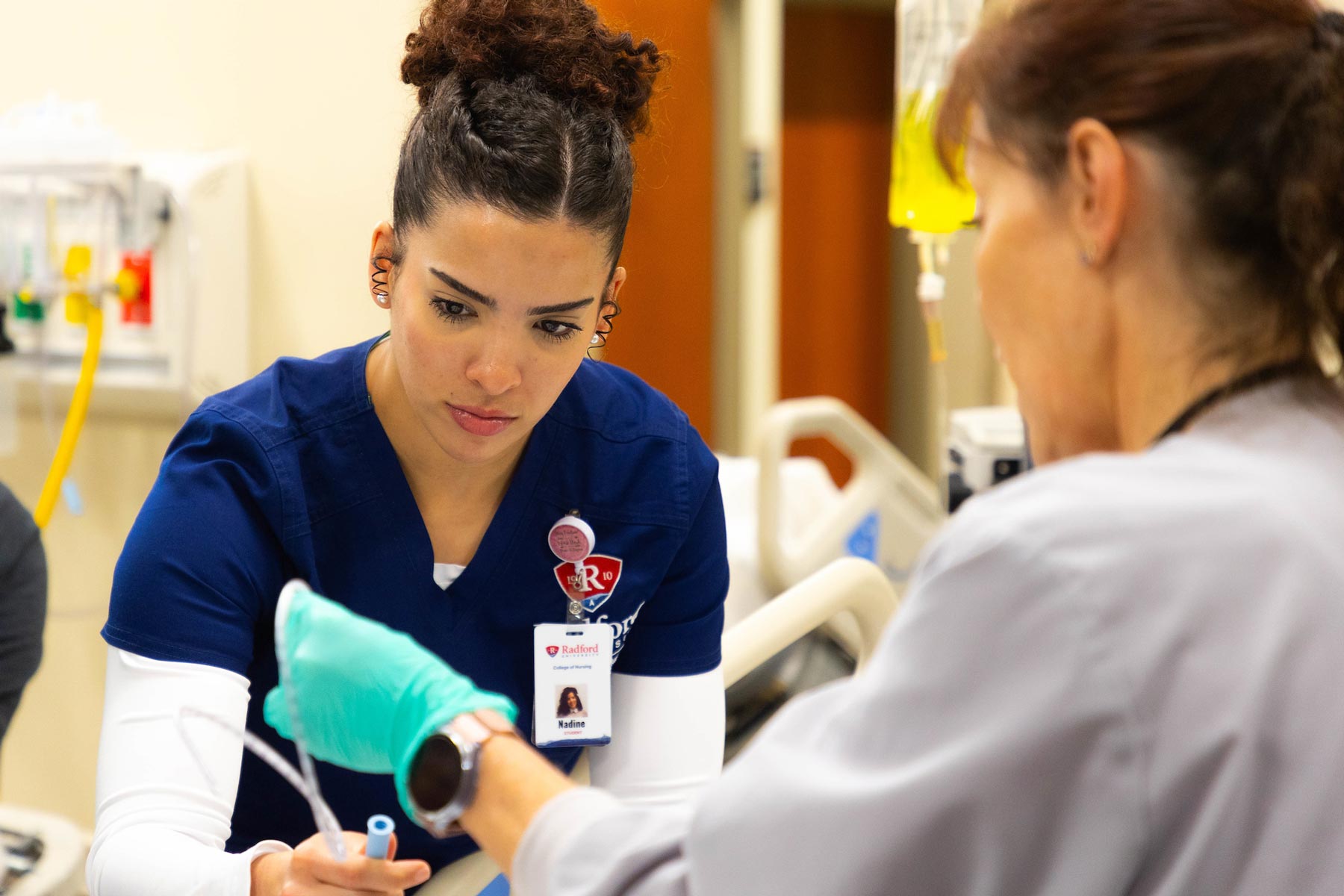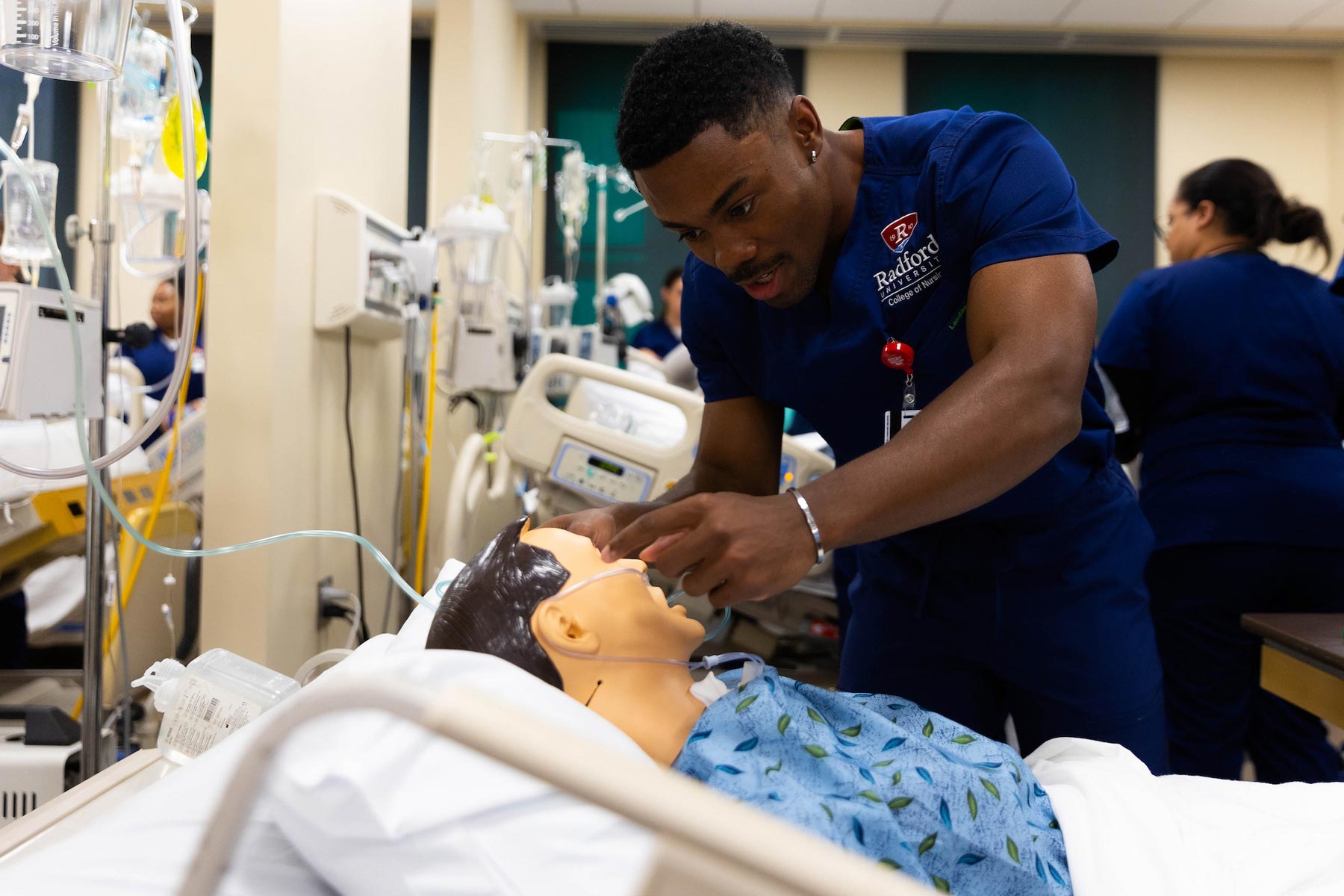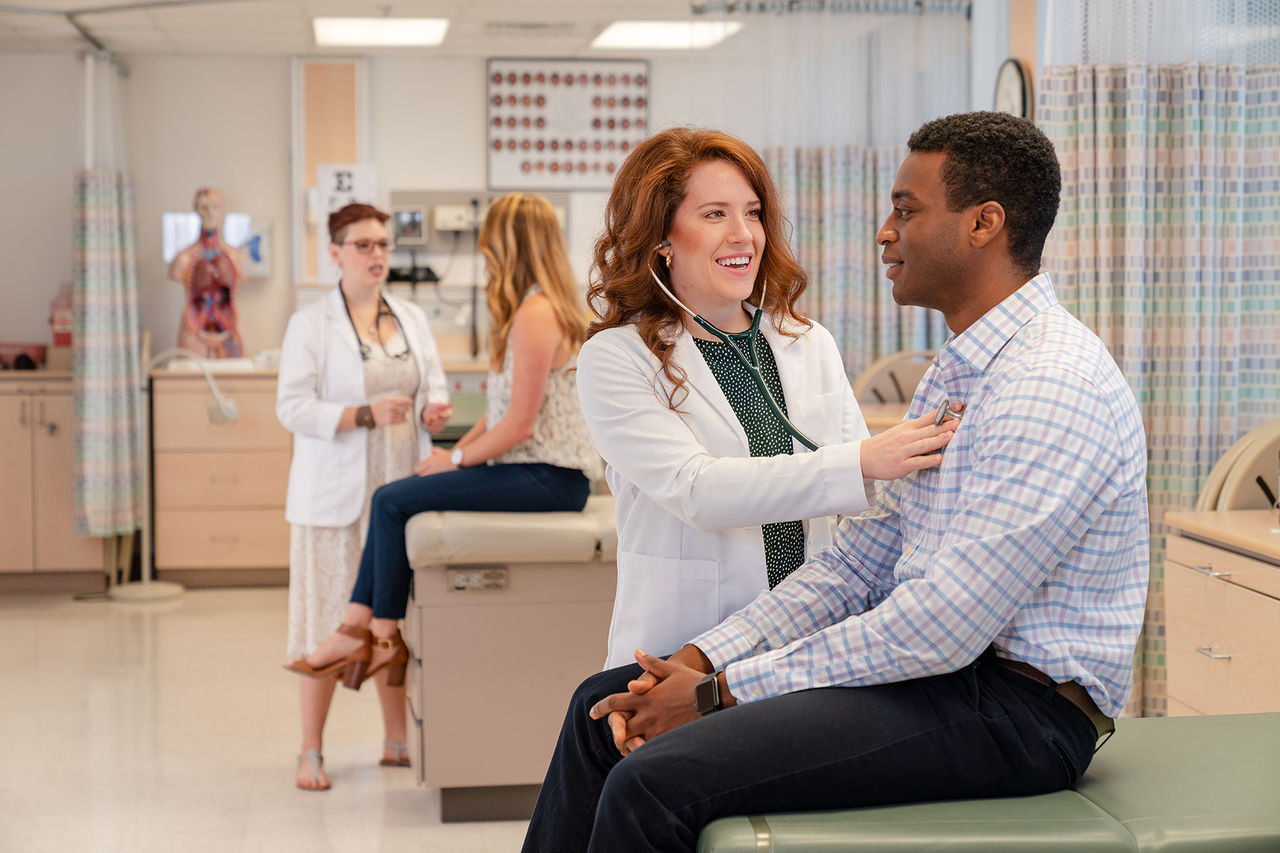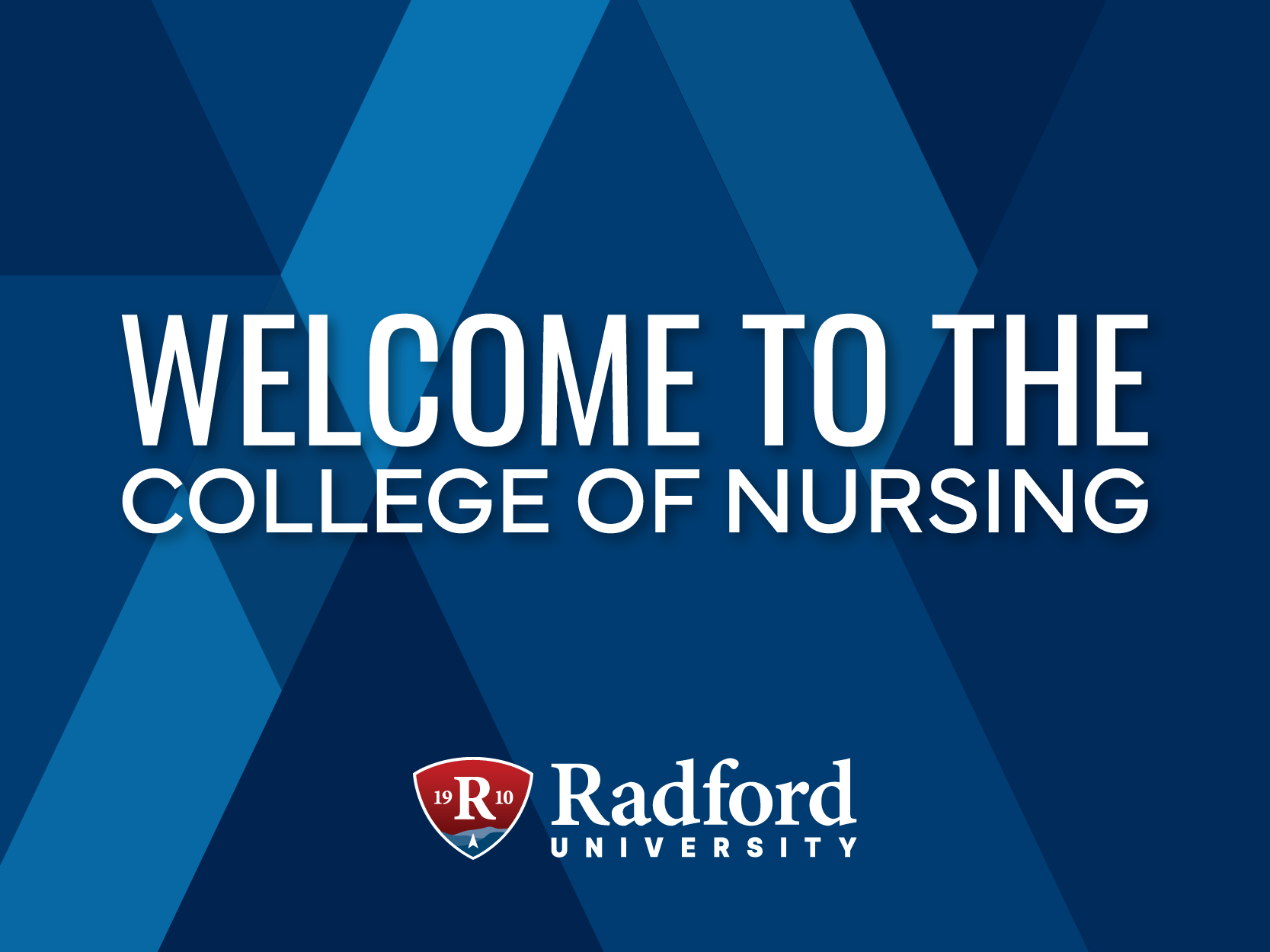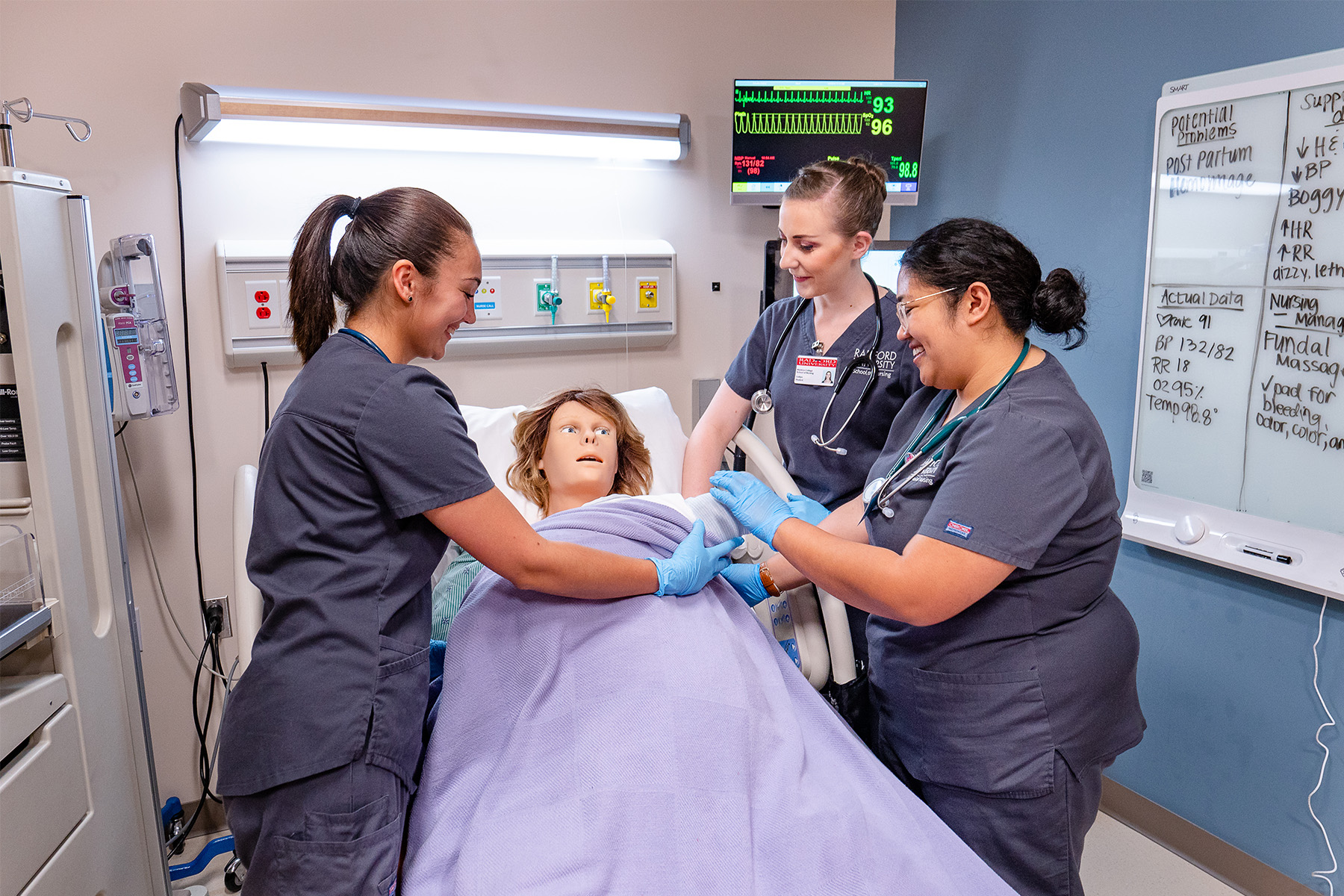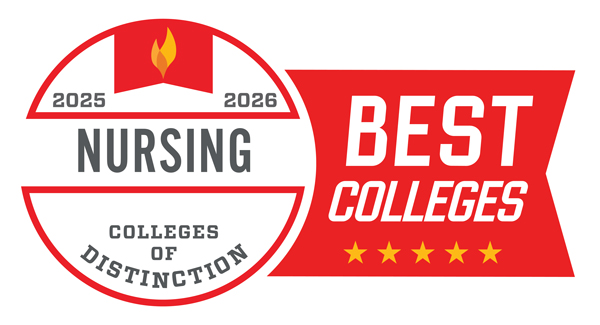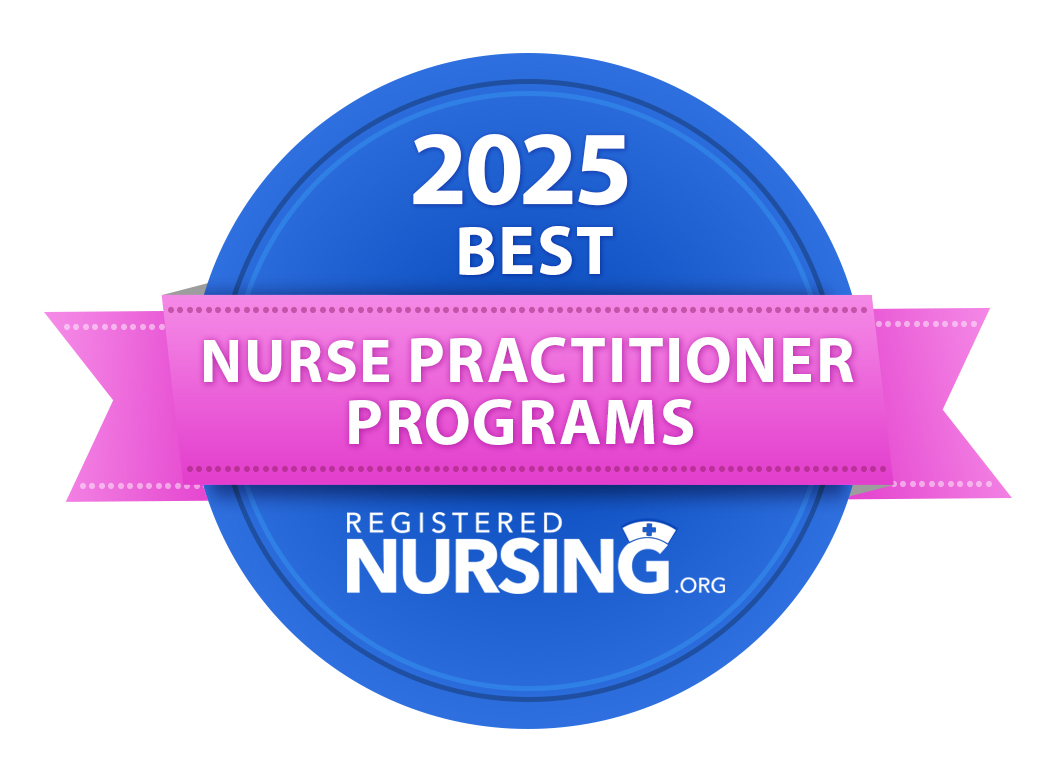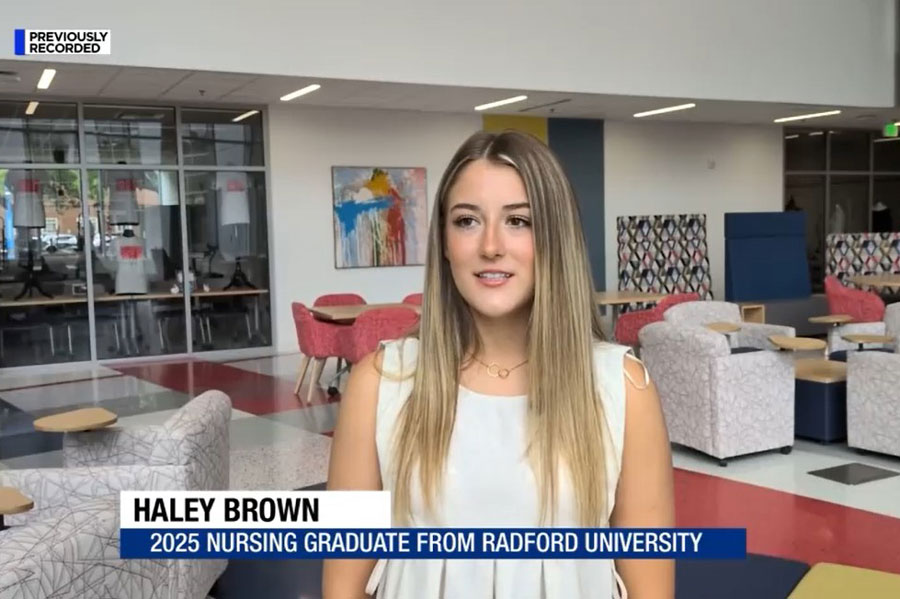Radford University
College of Nursing
Where Compassion Meets Excellence
Leading Nursing Education
The Radford University College of Nursing is dedicated to cultivating skilled, empathetic nurses ready to meet the challenges of modern healthcare. With experienced faculty and a commitment to hands-on learning, we provide a nurturing environment that supports academic and personal growth.
